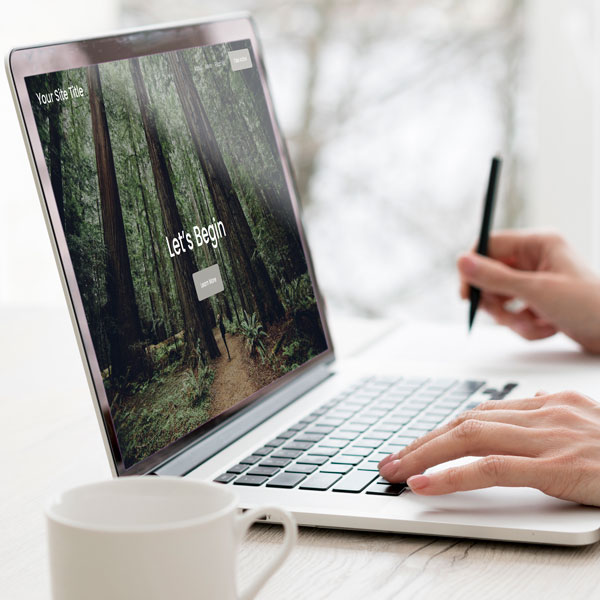When you visit a new website for the first time, what's the next thing you do after looking at the home page?
Our statistics show that the next-most-popular page on most websites we've built is often the About page. Yep, who knew?!
You've only got a very short amount of time - less than 5 seconds usually - to convince a potential customer to stay on your site. And most people will visit an About page to decide whether they're going to like you or not. This is your opportunity to differentiate yourself from your competitors!
In my experience, your About page needs to do the following:
- Establish trust
- Establish credibility
- Establish your "voice"
- Make people like you
- …
Yep, that's it. All in <5 seconds. No pressure! So what's the best way to do that?
Your first inclination may be to go "corporate". And while it's true you want to be perceived as a professional organisation - so does everybody else. It's very easy to disappear into a sea of "corporate" and never differentiate yourself from everybody else.
Think about your target audience. Are you planning to compete with huge corporates? If not, don't try to sound like them. Consider this - as a small business, it's more likely that potential customers will be looking for somebody like you because you're not a huge corporate, perhaps because they want more of a personalised experience, or they prefer to deal with somebody local, or because you can give them something "general" and small-business-specific that a corporate with a multitude of specialised individual roles and teams probably cannot provide within their budget.
What you're really aiming for is "authentic". Because when you think about the type of clients/customers you want, you're probably going to enjoy dealing with the ones that "get you" the most.
Here's my top 6 list of things to do on your About page:
- Tell your story - when your business started, qualifications, achievements, awards, etc.
- Provide a photo, of the team or you individually. Many clients balk at this when I first suggest it, but this is a point of difference between you and big companies. A big company has brand recognition to establish trust and credibility - you need to do it differently.
- Make sure it answers questions a visitor may have.
- Add a personal touch - this could be the photo but also the "voice".
- Provide a call-to-action - tell the visitor what to do next (call us, click here).
- Make sure it's clear, succinct and makes sense. Ask friends or family (or your web developer) to proof-read it to make sure.
Here are a few ideas to get you started:
50 Unique and Engaging About Us Pages to Inspire You




